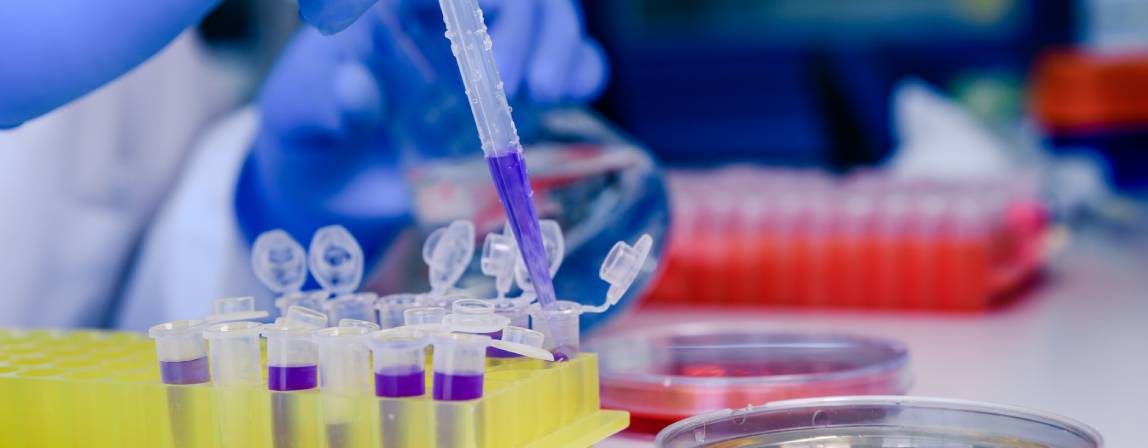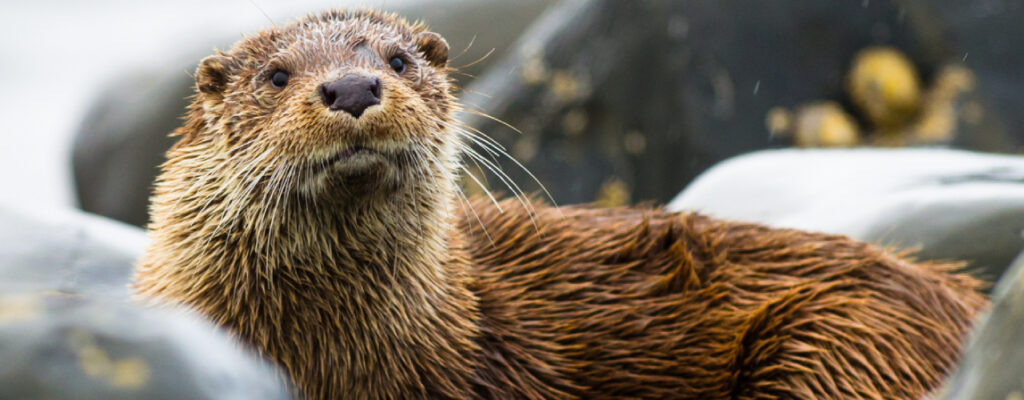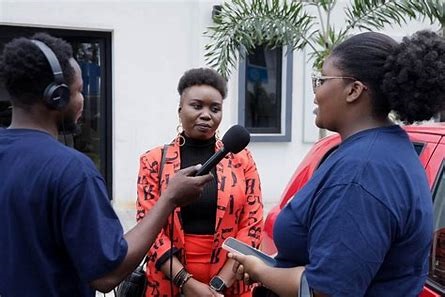Around the world Posted on 2024-07-26 17:04:33
Success stories/lessons learnt
Lessons learned in CITES: moving forward with biological sample shipment
Keywords
Authors
Preparedness and Resilience Department, World Organisation for Animal Health (WOAH), Paris, France
When a disease outbreak occurs in wildlife, rapid diagnosis is essential to inform the authorities, communicate effectively with the public, and take appropriate action for control and management. However, some countries may not have adequate diagnostic infrastructure and thus, need to ship samples to foreign laboratories.
This process is especially complex for CITES-listed species, requiring one or two CITES permits (export and import, or export only).
Recent changes to CITES and simplified procedures are not enough to facilitate the rapid transport of diagnostic samples from Appendix I species, due to the requirement for both import and export permits, even when applying the new procedures.
The recent amendments to Res. Conf. 11.15 on the Scientific Exchange recognise that all WOAH Reference Centres qualify for inclusion in the CITES Register of Scientific Institutions.However, less than 20% of the parties to CITES have these centres, which significantly hampers the quick export and import of samples. This is especially problematic when an outbreak and the movement of samples involves geographical territories of Parties without such recognised centres.
The lack of a streamlined permit process has led to reduced international collaboration, with experts and laboratories reluctant to obtain CITES permits, affecting wildlife disease responses. To address this, the World Organisation for Animal Health (WOAH) supports the immediate international transfer of diagnostic wildlife samples, with registration required only for the importing laboratory, not the exporting one. This would expedite the transport of samples, enable rapid diagnosis, and allow timely control measures to protect affected populations and reduce zoonotic risks.
WOAH has therefore welcomed the decision on simplified procedures (Rapid movement of wildlife diagnostic samples in the interest of addressing emerging human and wildlife disease risks) adopted by the CITES Parties at the CoP19 in 2022, and the 2023 establishment of a Working Group on the rapid movement of wildlife diagnostic samples and musical instruments.
https://doi.org/10.20506/bull.2024.1.3505











